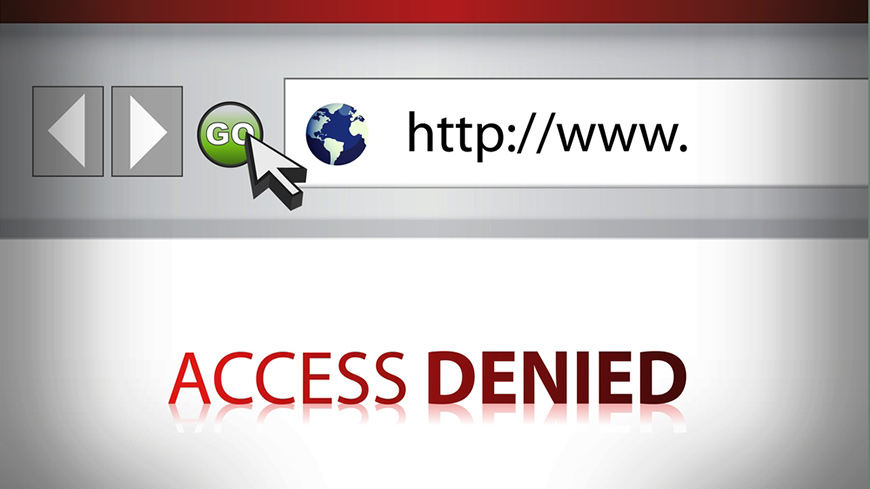Today, authoritarian governments have become concerningly adept at digital crackdowns, censorship, and repression online. Inhibiting people’s ability to freely communicate online has become an all-too-common tool of social control. The Iranian government’s near-total internet shutdowns during unrest and protests exemplifies the significance of the internet as a tool of communication and the lengths that Iranian officials will go to in order to silence Iranian voices.
It is crucial that we, as Americans, ensure that our foreign policy is not inadvertently aiding such repression. However, the current grim reality is that the sanctions that our government has imposed upon Iranians have indeed made it easier for their state to censor and repress them as outlined in NIAC’s recent report and an expert panel discussion.
Tech companies like Apple, Google, and Amazon have blocked Iranians from accessing their tools and services, due to U.S. sanctions. By punishing Iranian entrepreneurs and making it harder for Iranians to access the tools that circumvent government restrictions on the internet, U.S. sanctions have created an opening for the Iranian government to make a “national internet.” This alarming move would make the global internet even less accessible for Iranians.
This problem can be alleviated if the U.S. Treasury updates and clarifies General License D-1 so that it makes clear what technologies are allowable, simplifies the licensing process for companies seeking to provide tools and services to Iranians, and provides the necessary public assurances and comfort letters for companies to engage Iranians. Iran’s leaders are ambitious about developing an “intranet” and if they succeed, it may be too late to mitigate the damage done to the digital rights of Iranians.
In a positive sign, last week, 21 members of Congress sent President Biden a bipartisan letter calling on him to eliminate sanctions that help block Iranians from accessing a free Internet. The letter has been signed by Democrats and Republicans alike including Ilhan Omar (D-MN), Brian Fitzpatrick (R-PA), as well as House Foreign Affairs Committee Chairman Gregory Meeks (D-NY).
This bipartisan letter will hopefully bring us closer to removing these harmful measures. When our government intentionally or unintentionally aids oppression by governments abroad, we enable and become complicit in violations of human rights. Iranian authorities must end their repressive measures trying to censor and control internet access for Iranians, and worse yet, imposing total shutdowns during protests. Access to a free internet is the right of all people. Thus, it is imperative that U.S. sanctions do not exacerbate this problem and that we take the steps necessary to support free access to the internet for Iranian citizens.
Back to top

